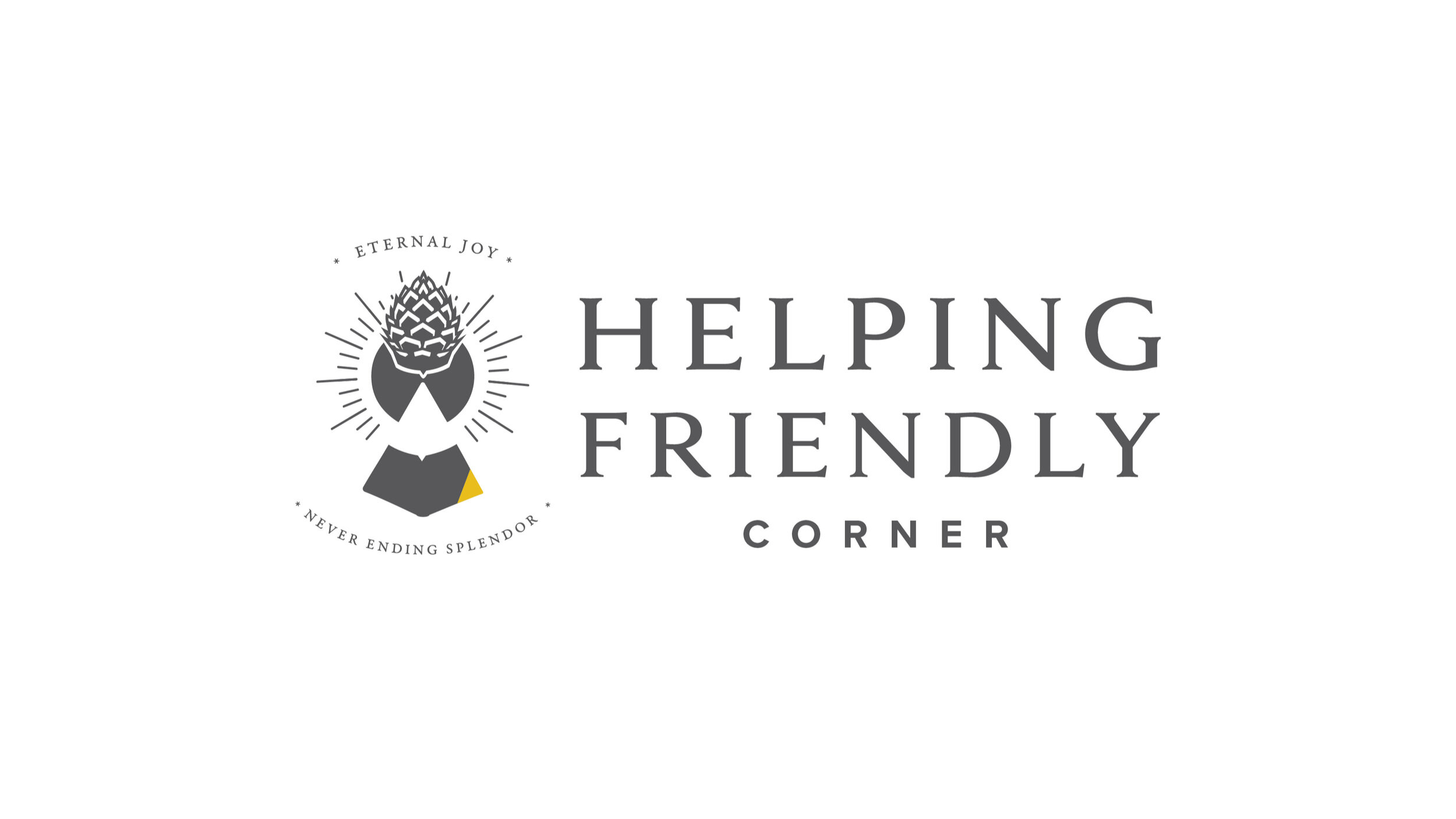Two : Chautauqua
/THESE next few posts are from a book that we have not officially read on the Quest yet, but I’m sure we will, called Zen and the Art of Motorcycle Maintenance by Robert Pirsig, published in 1974.
The reason I’d like to begin here is because this book articulates something called the Metaphysics of Quality, which, if you can wrap your head around, is an invaluable first-framework for understanding reality. This is the first book I personally ever read that truly blew my mind and illuminated my curiosity to go searching for the truth, and it has stood the test of time after all these years. (I was 16 or 17 when I read it first.) Thus, it feels like a good place to begin.
In many ways what I learned from this book, or what I thought I’d learned from this book, continues to crystallize into deeper and deeper understandings as the years go by. I would encourage all of you to read it yourselves, as well as the follow up Lila which came out 15 years later, but in the meantime I’m going to curate some of the highlights and break into down into manageable chunks over the next few days. Enjoy.
As ever,
CHS
Chautauqua
What I would like to do is use the time that is coming now to talk about some things that have come to mind. We’re in such a hurry most of the time we never get much chance to talk. The result is a kind of endless day-to-day shallowness, a monotony that leaves a person wondering years later where all the time went and sorry that it’s all gone. Now that we do have some time, and know it, I would like to use the time to talk in some depth about things that seem important.
What is in mind is a sort of Chautauqua...that’s the only name I can think of for it...like the traveling tent-show Chautauquas that used to move across America, this America, the one that we are now in, an old-time series of popular talks intended to edify and entertain, improve the mind and bring culture and enlightenment to the ears and thoughts of the hearer. The Chautauquas were pushed aside by faster-paced radio, movies and TV, and it seems to me the change was not entirely an improvement. Perhaps because of these changes the stream of national consciousness moves faster now, and is broader, but it seems to run less deep. The old channels cannot contain it and in its search for new ones there seems to be growing havoc and destruction along its banks. In this Chautauqua I would like not to cut any new channels of consciousness but simply dig deeper into old ones that have become silted in with the debris of thoughts grown stale and platitudes too often repeated. "What’s new?" is an interesting and broadening eternal question, but one which, if pursued exclusively, results only in an endless parade of trivia and fashion, the silt of tomorrow. I would like, instead, to be concerned with the question "What is best?," a question which cuts deeply rather than broadly, a question whose answers tend to move the silt downstream. There are eras of human history in which the channels of thought have been too deeply cut and no change was possible, and nothing new ever happened, and ""best"" was a matter of dogma, but that is not the situation now. Now the stream of our common consciousness seems to be obliterating its own banks, losing its central direction and purpose, flooding the lowlands, disconnecting and isolating the highlands and to no particular purpose other than the wasteful fulfillment of its own internal momentum. Some channel deepening seems called for…
- from Zen and the Arts of Motorcycle Maintenance by Robert Pirsig


